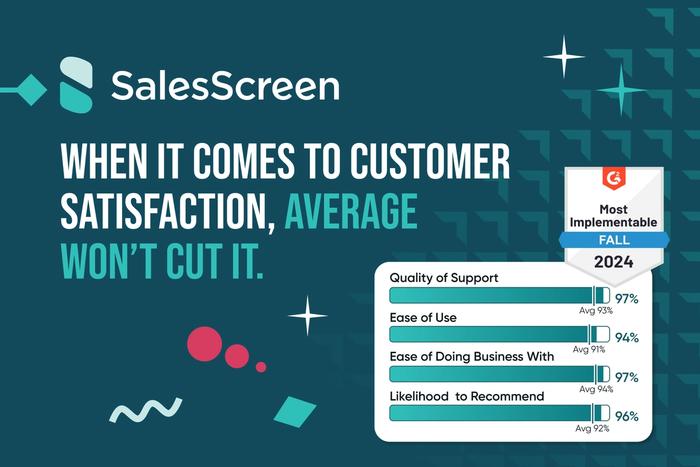Every member of your sales team is completely unique, from your newest hire to your most established and reliable rep. Motivating these different personality types and reps of all experience levels can be very difficult for most managers. Managers are tight on timelines, have their own work to do, and are oftentimes worried about their own performance as well as their team’s. An easy way to help your managers cut down on time spent coaching and motivating their teams is by giving them the tools to impact every player and personality type.
To streamline how you can activate personality information, let’s break your team down into four main personality types using the DISC framework so you can see exactly how to move the needle when it comes to your specific team.
Player Type Basics
Richard Bartle gives us a new perspective to look at each DISC personality type, with many of his categories serving as expansions or deep dives into these different personalities. According to Richard Bartle, every player, or sales rep, can be put into one or more of the following buckets: Killers, Achievers, Explorers, or Socializers. Each of these personality types is driven by very different interests, seeks specific rewards for their work, and prefers working in a specific way. So, let’s dive into what makes each of these personality types tick!
Killers
Killers are oftentimes thought of as the ideal sales rep and typically fall under the Dominant (D) personality type. They are self-reliant, internally motivated, and want nothing more than to win the next big sales competition. So, what is stopping you from going out and hiring a team full of killers? That is easier said than done, as killers make up less than 1% of the workforce. Most sales teams have 1-2 of these superstars on their team, and motivating them is as simple as turning on a competition and watching them go!
As a manager, you can get more out of your killers by asking them what kind of rewards they want and if they are enjoying the competition styles you are currently using. Let them have a say in the process, after all, most sales managers were killers themselves!
Achievers
Achievers make up about 10% of the workforce and are driven by badges, achievements, and the social clout that come with them. In the world of sales, achievers prefer autonomy to select their preferred path and concentrate on their preferred work. Achievers are the poster children of the Steadiness (S) personality type, as they love hitting their goals week in and week out.
For sales managers, you can easily set your achievers up for success by giving them achievements and goals to work towards, like a badge for hitting their weekly call goals and another for doubling their goal. With the right incentives, your achievers are going to knock it out of the park week after week!
Explorers
Explorers make up another ~10% of the workforce and are highly motivated by finding the next big client or industry to target. Traditionally, explorers have done the dirty work that has not been well-rewarded. They conduct outreach to fill your pipeline with prospects, create innovative sequences that address specific pain points, and are the first ones to take on hands-on tasks. With that said, explorers are closely tied with the Conscientiousness © personality type as they love achieving expertise in their craft. One of the biggest struggles when dealing with explorers on your team can be overcoming their introversion or their tendency to keep to themselves.
Sales managers can mobilize their explorers with competitions based on prospects added to sequence or achievements for targeting clients over a certain revenue potential. Your explorers will sniff out some big wins in no time!
Socializers
Finally, there are socializers, who make up a massive 80% of the sales force. Socializers want to win as a team, love to be called out and recognized for great work, and be involved in all things sales. In terms of DISC personalities, socializers fall under the Influential (I) personality type. While one might assume that socializers could pose challenges in sales due to their high extroversion, they could actually be your secret weapon!
For sales managers, you can turn your socializers into a team of well-trained closers by calling out their hard work in a company-wide feed, initiating peer-to-peer recognition programs, or running team competitions. Peer-to-peer recognition programs are key for this massive swath of your workforce, as they will oftentimes take this initiative and run with it. This will allow your management team to effortlessly track every success across your teams, eliminating the need for extensive efforts in search of them.
Conclusion
As you can see, a little bit of understanding from management can go a long way in motivating sales teams, and building a diverse array of motivational tools is key. If you are looking for the easiest way to motivate every personality on your sales team, sales gamification could be the perfect solution for you. Sales gamification takes all of the daily repetitive tasks for sellers, like cold calling, outreach, and adding prospects - and incentivizes them by making them fun, profitable, and bite-sized.










